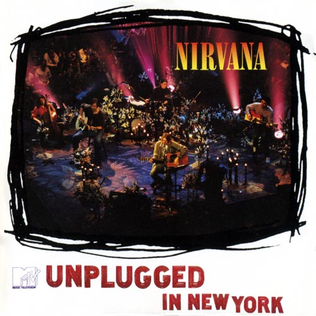
It is hard on a writer when one of his books becomes a popular phenomenon. It is inevitable that all his later offerings will be compared to that which transformed him into a literary superstar. Is the new one better than that? Has he evolved? Is he deliberately trying to write differently to avoid any comparisons with that book? Most authors wilt under such close scrutiny and can never equal their former glory, if we can be arrogant enough to assume that that is what every writer tries to do. Even though Joseph Heller himself stated tongue-in-cheek (he being a perfect example for the case in point), “When I read something saying I’ve not done anything as good as Catch-22 I’m tempted to reply, ‘Who has?'”, there are many writers who break free from such artificial barriers and continue to produce quality work.
Haruki Murakami is one such writer. His fifth novel, Norwegian Wood, became a youth phenomenon in his native Japan when it was published, much to his dismay. So much so that he fled Japan to escape that sudden fame. The majority of Japanese youth (and indeed many in the rest of the world as well) connected with the poignant tale of lost love and youthful sexuality.
However, Murakami did not succumb to the pressures generated by such adulation and lose direction. He continued to write in his signature style, a mixture of pop culture elements and magic realism, written using language so simple that every book of his is instantly accessible. And that is one reason for much of the criticism directed against him as well. That his novels are all MTV style and no substance, easy to read sentences devoid of any deeper meaning. But his writing style can easily deceive. His books might be accessible but they are in no way superficial. Each of his books deals with profound issues, ranging from incest to infidelity. But let us not get into an academic discussion about the profundity of his writing. That is not the purpose of this essay. The purpose of this essay is to talk about his most recent novel available in English translation, Kafka on the Shore.
The novel broadly deals with two characters who are as different as chalk and cheese (excuse me for the clichéd metaphor) but are somehow connected by events beyond this realm. The first character is an adolescent boy who calls himself Kafka Tamura. He runs away from home, and from his father’s dark prophecy. His mother had left him when he was a child along with his sister. He no longer knows where they live or what they do. So he sets off on a bus towards the south of Japan. Little does he know that he is in fact moving closer to his destiny.
The other character is an old man named Nakata. Ever since a supernatural accident he had while in school during the Second World War his mental faculties have been diminished. But because of that he also gained the ability to talk to cats. Later, as an adult, he makes use of this unique ability to take on paid jobs to find lost cats. One day, while on one such search for a cat, he sets off on a journey as well.
On their respective odysseys they run into fantastic characters that could only be present in the Murakami universe. Two WWII soldiers who haven’t aged a day since the war, the mascot of Kentucky Fried Chicken, an androgynous librarian, talking cats and many more such equally fascinating individuals people the pages of the novel.
Each of the characters in the book is battling some kind of personal demon and is trying to make peace with it. And in the process, some set off on long journeys hoping to run away from their fate, some resort to casual cruelty, some remain lost in memories of the past, and some try to help strangers by going out of their way.
Murakami succeeds in taking us into the minds (and understanding the motivations) of the main characters. It is not so much a detailed description but more like the reader being an invisible presence beside every character, privy to his or her thoughts and actions. And there is Murakami’s uniquely own style of magic realism. Everything is possible in his universe. One moment he might be talking about why Beethoven’s Emperor (Archduke) concerto is so special and the next moment he will be taking us to a magical forest which serves as a gateway to another world.
It is a book worth sinking your mind into. The plot is intriguing, the characters memorable and the pacing smooth. If I had to nitpick, I was a little disappointed with the ending. It was a tad too pat and tame as well. Without giving away too much, it was as if, having touched the boundaries of what is acceptable by society, he hesitated from breaking beyond and instead chose to take the safer route back home.
Did that last sentence seem too vague? That was on purpose. To make you pick up the book and read it. Go ahead, I’m sure your imagination will be enriched. Mine was.
[-] Show Less



